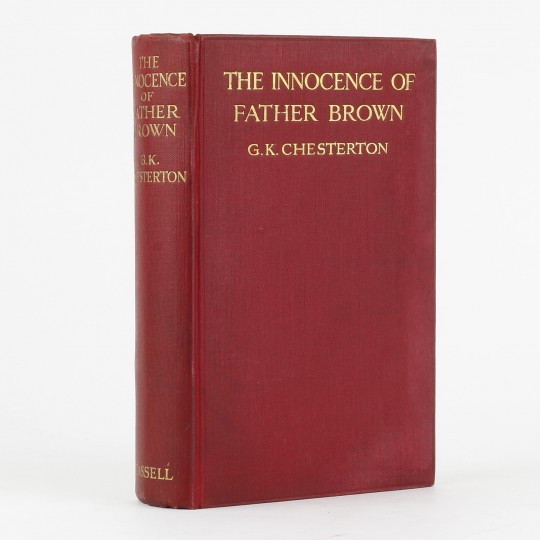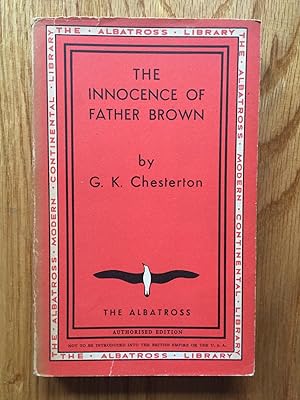

And each one is also, in its small way, an effort in Catholic apologetics. And he invariably finds time to make a theological observation – often, mind you, disparaging of Protestantism and other religions.Įach tale is a compelling little who-done-it, breezy and quick and fun to read, with a biting climax and a swift denouement. He discovers the guilt of a martyred hero. He solves several crimes before they happen, and prevents them from happening. In the twelve mysteries in this book, Father Brown is nearly always accompanied by his friend Flambeau – a criminal genius turned private detective, whose different worldview often pricks an enlightening contrast to that of the little priest. Meanwhile, his main character slides unobtrusively into each mystery, making little impression on anyone until he solves the crime – constantly underestimated, constantly surprising, constantly putting together pieces no one else would have spotted, and constantly making use of his brutally realistic view of human nature, learned by experience as a father confessor.

Chesterton writes with all of Christie’s Englishness, plus a leaner style and a sharper wit. Written in the early decades of the 20th century, they celebrate the mystery-solving genius of a little, round-faced, mild-mannered Catholic priest. Gilbert Keith Chesterton’s Father Brown mysteries may appeal to a similar taste. She also used them to comment on politics, world events during her long writing career, scientific and technological progress, the social problems of the leisure class, marriage, and aging. Through these characters, Agatha Christie was able to do more than pose mysteries and dramatically reveal their solution. Extraordinary, ordinary people, to be sure: the keenly observant Miss Marple, the dapper Belgian rationalist Poirot, a nosy housewife named Tuppence, and others of the sort. Instead of police inspectors and professional snoops, ordinary people solved most of Christie’s mysteries. Some of her books were a little dull, but I loved all the macabre puzzles, sinister clues, and surprise revelations – to say nothing of the unconventional sleuths. I read most of Agatha Christie’s books between seventh and ninth grade – as many of them as I could find, at any rate. When I was a kid, some of my favorite books were mysteries.

Purchase here The Innocence of Father Brown


 0 kommentar(er)
0 kommentar(er)
